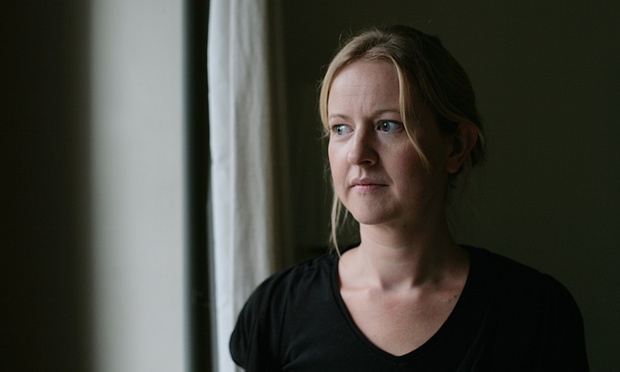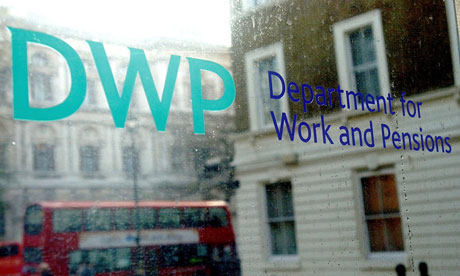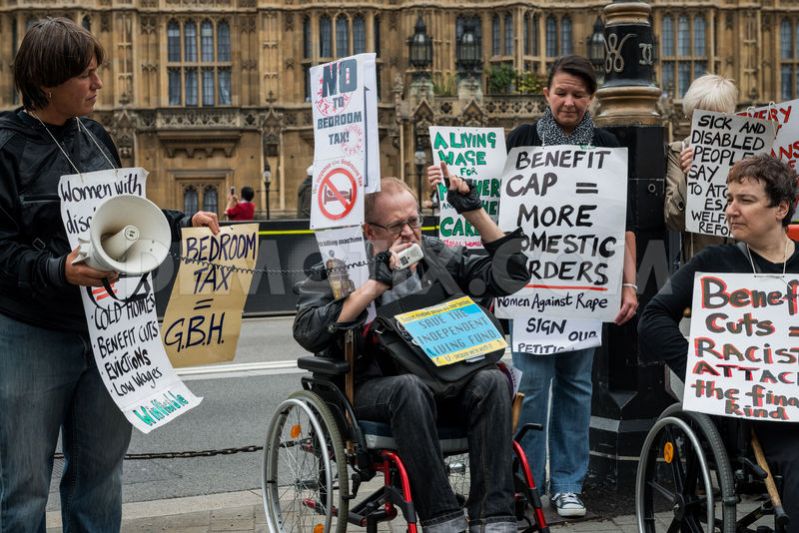UK under investigation as the lives of the disabled are claimed by austerity cuts
Britain is currently being investigated by the United Nations based on a report that shows that between December 2011 and February 2014, over 2,380 people died within six weeks of being declared “fit for work” by the UK’s Department for Work and Pensions. The figures were released under an FOI (Freedom of Information Act request). Being declared “fit for work” usually means being stripped of disability benefits and expected to claim another benefit whilst proving you are preparing for or seeking work. Appeals against these decisions often take ages to process, during which time claimants are left penniless. A “fit for work” decision is based on the controversially draconian “Work Capability Assessment”. On Saturday, use of the WCA was also made available to employers suspicious of long periods of sick leave taken by staff members, and can now refer said employees to the Fit for Work program–meaning its reach has now been considerably extended.

Nichole Drury’s mother Moira was on disability benefits. Moira had a catalogue of medical complaints–a head injury leaving her with partial paralysis, epilepsy, diabetes, bladder problems and depression. She couldn’t walk further than a few steps unaided. Moira died shortly after being told she was capable of finding employment–and shortly before the discovery that she also had cancer.
“My mother was severely ill with flu and was informed she had to attend a Work Capability Assessment,” Nichole told Loner. The appointment was rescheduled for two weeks later, at which time Moira had an even more severe bout of diarrhea and flu, later discovered to be a likely result of secondary cancer in her bowel. Her WCA was again rescheduled. The DWP wrote to Moira that her reasons for non-attendance were insufficient and she was no longer entitled to disability benefits. Moira appealed the decision.
“The DWP continuously implied that they had no evidence that my mother was unfit for work”, says Nichole. “However, the doctor’s surgery reassured me they had sent numerous notes backing up [Moira’s] claim…” Eventually, in exasperation, Moira reopened another claim. Moira died of organ failure whilst waiting for her claim to be processed, still never having had the chance to attend a WCA.

Anita Bellows is a representative of the campaign group Disabled People Against Cuts. The DPAC is responsible for submitting the dossier that prompted the UN investigation.
“We provide information to claimants to help them navigate the system, know their rights and challenge the DWP,” she explained to Loner. “And through our research and direct action, we are trying to highlight the issues.” Bellows calls the welfare reforms which gave birth to the Work Capability Assessments “a direct attack” against disabled people, who have been “hit nine times more [seriously] than non-disabled people, and in the case of severely disabled people, 19 times more [seriously].”

Discussing the format of the WCA itself, she says, “Its design assumes a degree of sophistication it doesn’t have. The decision is based on a 20-minute assessment. A score of 15 means you are fit for work and a score of 14 means you aren’t.” Questions asked during the WCA are as vague as: “Can you lift a pencil or pen up and make a meaningful mark?” and “Can you press a button?”, offering tremendous scope for marking claimants low.
“The next round of cuts targets people who are in the Employment Support Allowance Work Related Activity Group,” she explains. “This means [that while currently ill/disabled] they might be returning to work at some point in the future.” Their benefit will be reduced to that of the Job Seeker’s Allowance (the benefit of those actively seeking work), and this does not recognize the additional costs that disability brings.
Disciplinary action (or removal of funding) against those whose claims are not accepted is also soaring.
“The sanction rate for disabled people has tripled during the last year,” said Bellows. “Over 3,000 disabled people are being sanctioned every month. DWP recognizes that sanctions have a negative effect on the health of non-disabled people, but for disabled people, this impact can have tragic consequences.”
Finally, Bellows links me to an online list of those who died after being deemed “fit for work”, and their circumstances, compiled from the internet, social media and local papers by disabled people. It makes for troubling reading.

